
This past summer, the Texas A&M Energy Institute, in collaboration with the Agricultural University of Athens, launched its first-ever Summer School program: “Artificial Intelligence for Next-Generation Agriculture at the Nexus of Energy Security and Rural Transformation: A Policy and Ethical Analysis in Post-Lignite Greece.” This was not a conventional study abroad opportunity; it was a rigorous, on-the-ground research initiative designed to tackle one of Greece’s most pressing challenges: developing a viable new economic model for regions transitioning away from a monoculture of lignite.
The core aim of this nine-week intensive program, which included two dedicated weeks of immersive field research in Greece, was to explore how Artificial Intelligence and smart agriculture could be integrated into the economic fabric of these post-lignite regions. Participants delved into Western Macedonia and Megalopolis, areas heavily impacted by coal phase-out, as well as Laconia, an agriculture-dependent region facing its own distinct environmental and economic hurdles, particularly severe water scarcity. The focus was on identifying possibilities for economic diversification and sustainable growth beyond fossil fuels, explicitly leveraging advanced agricultural technologies.
The success of this program was significantly driven by the dedicated efforts of the main contributors. Dr. Konstantinos Pappas, the program’s PI, was responsible for the overall coordination, planning, and execution of the program, overseeing all facets of its implementation. Alongside him, Dr. Silva Hamie and Dr. Jafaru Egieya were instrumental in planning the summer school and organizing the College Station sessions. Crucial contributions to the broader planning, execution, and student engagement were also made by Jeff Sammons and Kim Daniel. The exceptional dedication, rigorous effort, and profound intellectual curiosity of the participating students were also vital to the program’s outcomes.
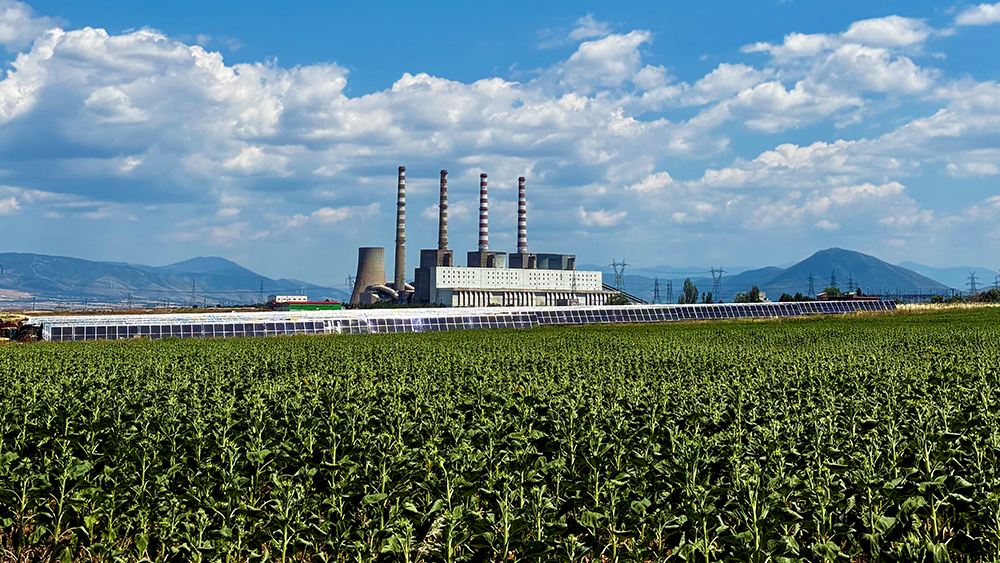
Through extensive stakeholder interviews, focus groups, and direct observations in the field, our researchers gathered invaluable firsthand insights. They engaged with national and local government officials, industry leaders, local businesses, and farmers. This direct interaction allowed for a deep understanding of the socio-economic impacts of the energy transition, the readiness and barriers to adopting advanced agricultural technology, and the complexities of policy implementation on the ground.
The culmination of this groundbreaking effort is a comprehensive report offering specific policy recommendations designed to guide Greece’s energy change towards a sustainable future.
This inaugural Summer School underscores the Texas A&M Energy Institute’s commitment to interdisciplinary research and its dedication to finding practical, impactful solutions for global energy challenges. We look forward to continuing this vital work and fostering further collaborations that bridge academic inquiry with real-world needs.
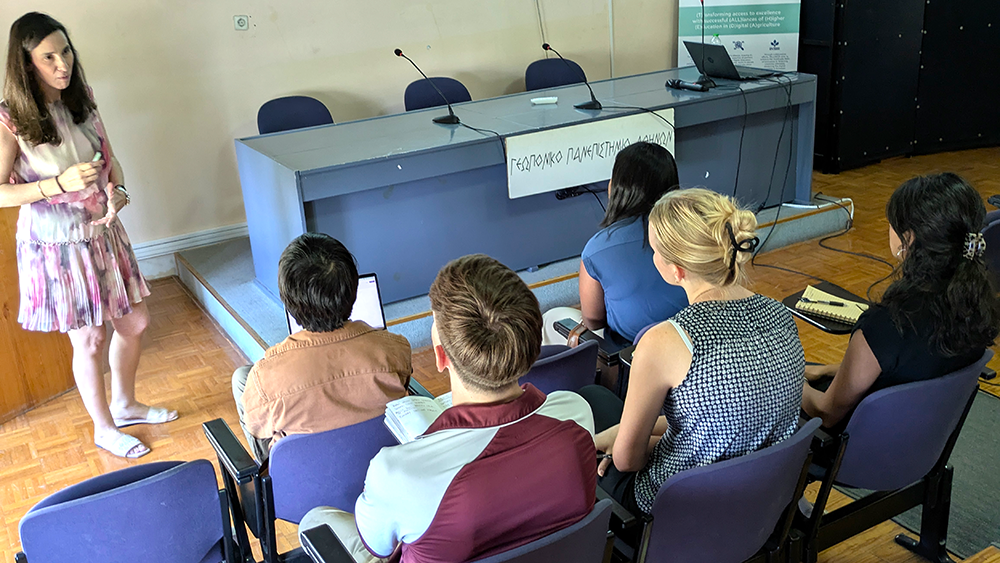
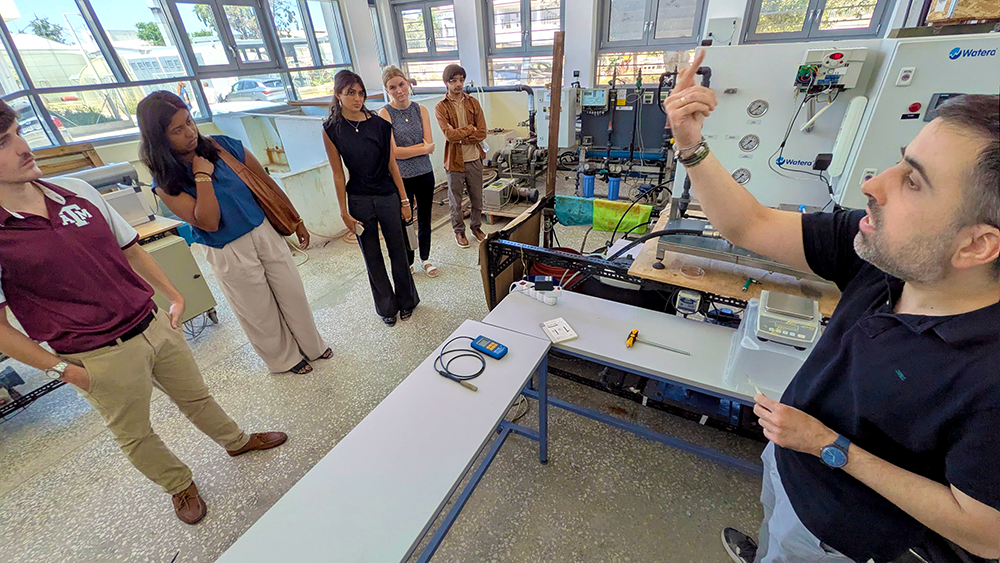


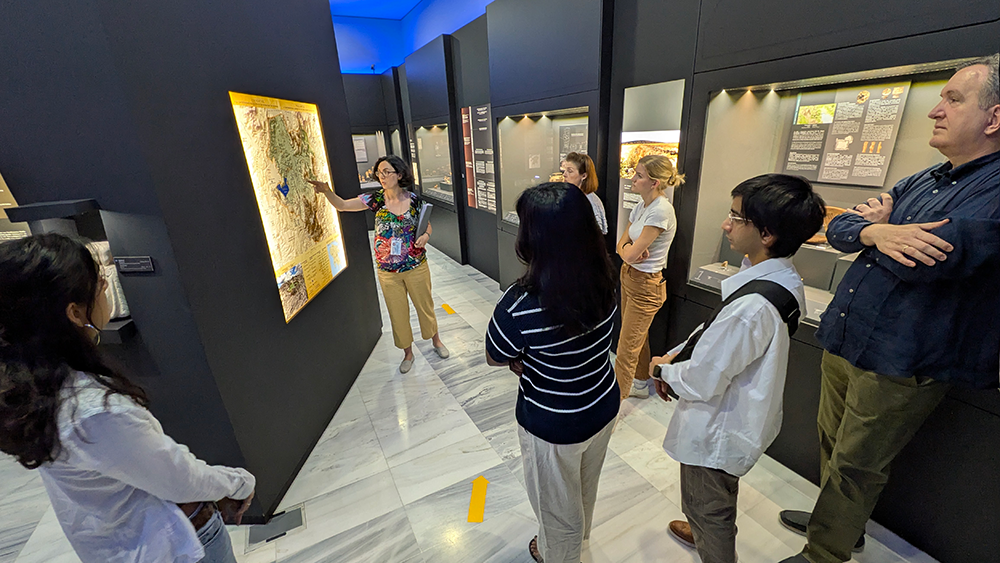
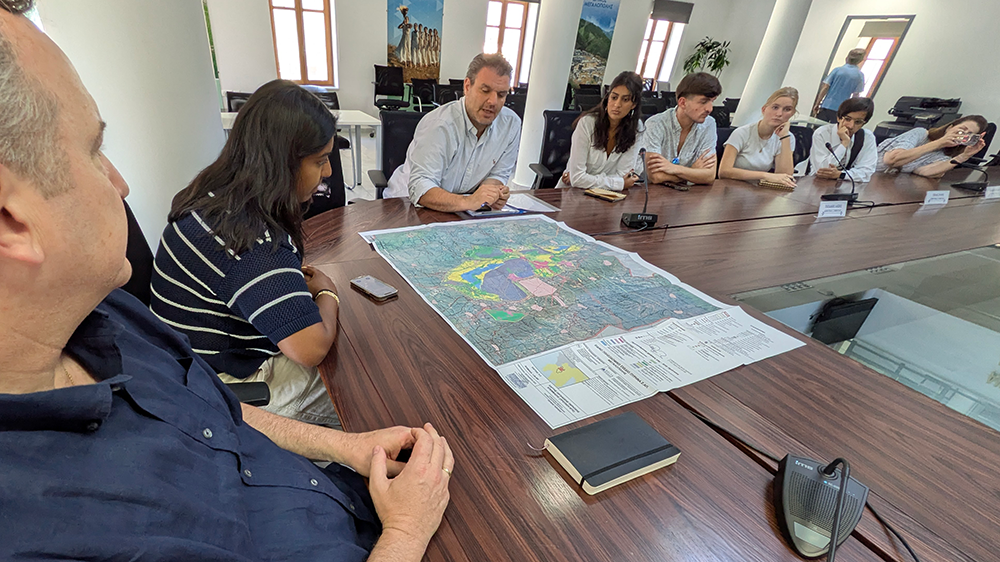
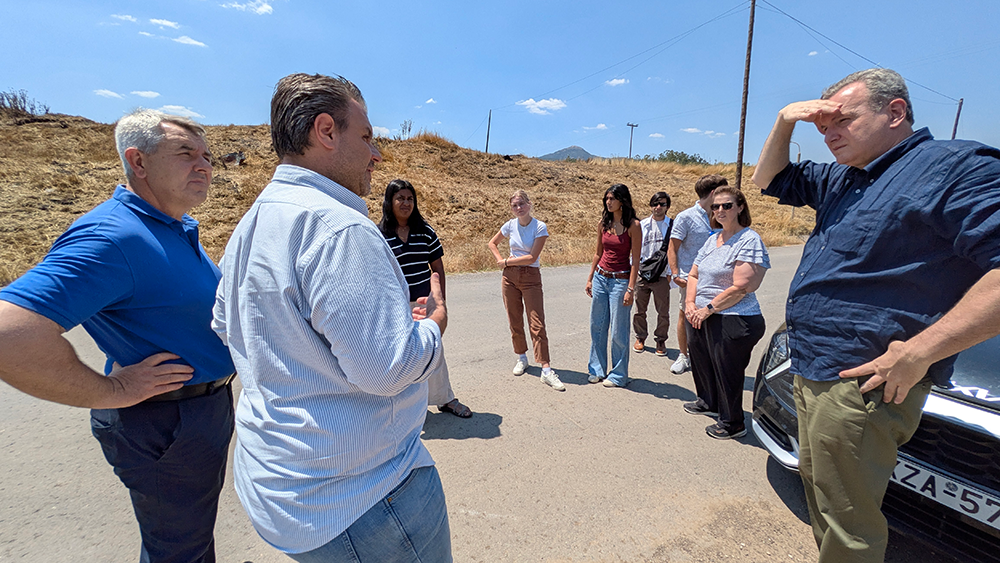
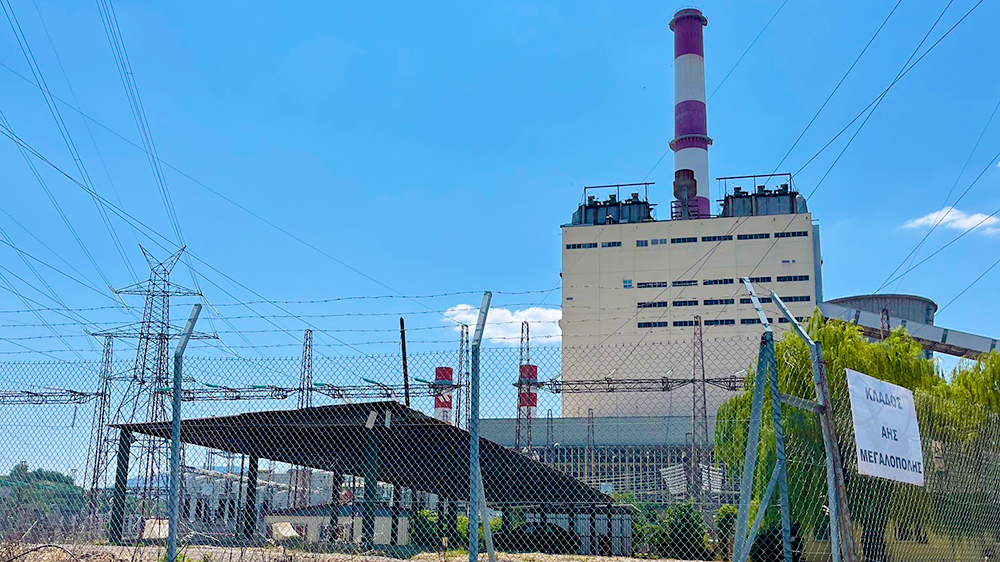
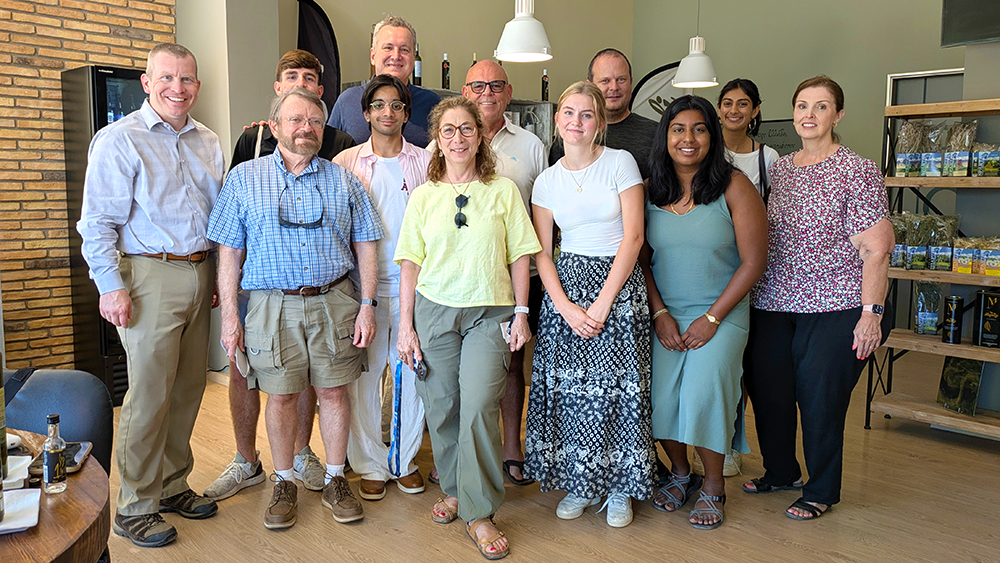

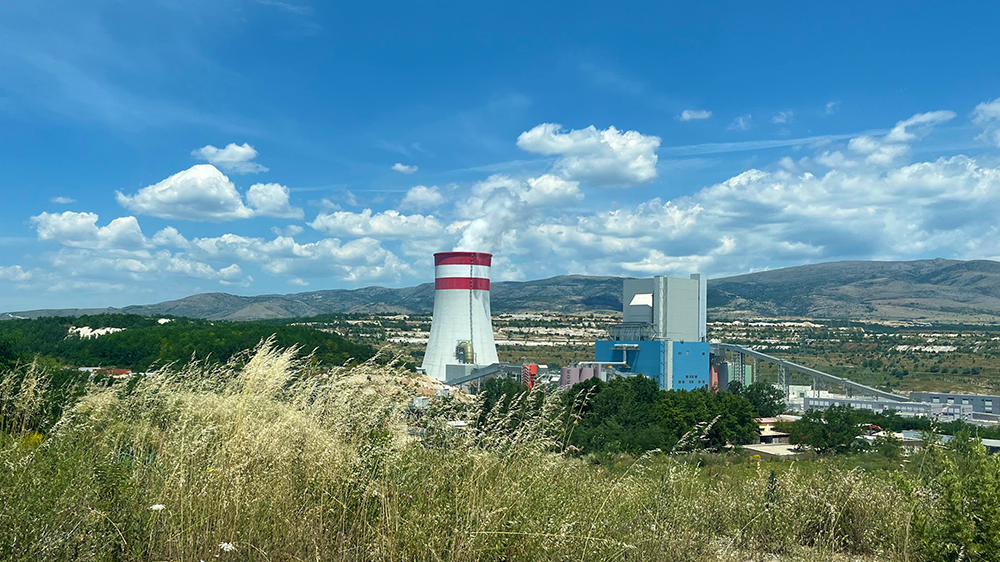
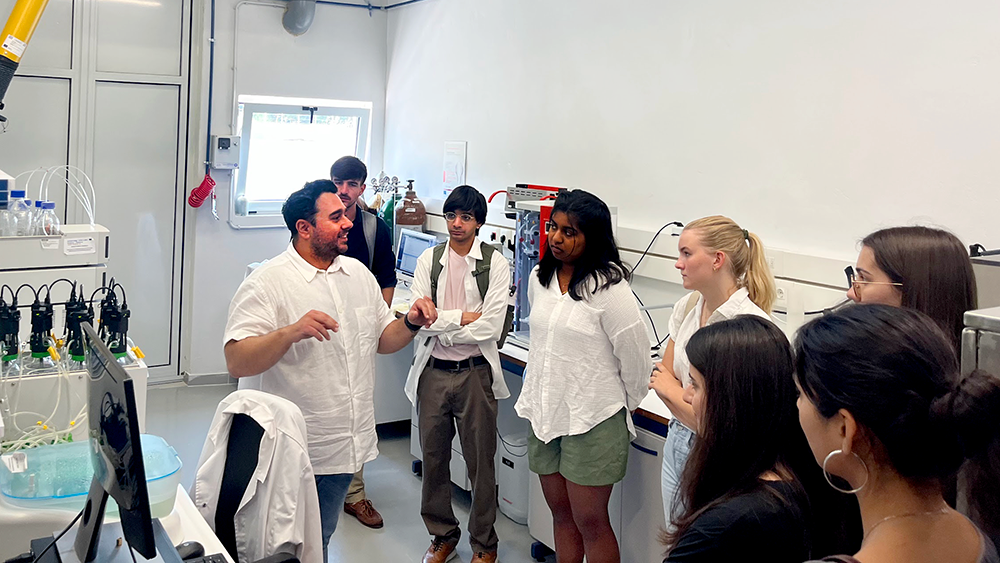
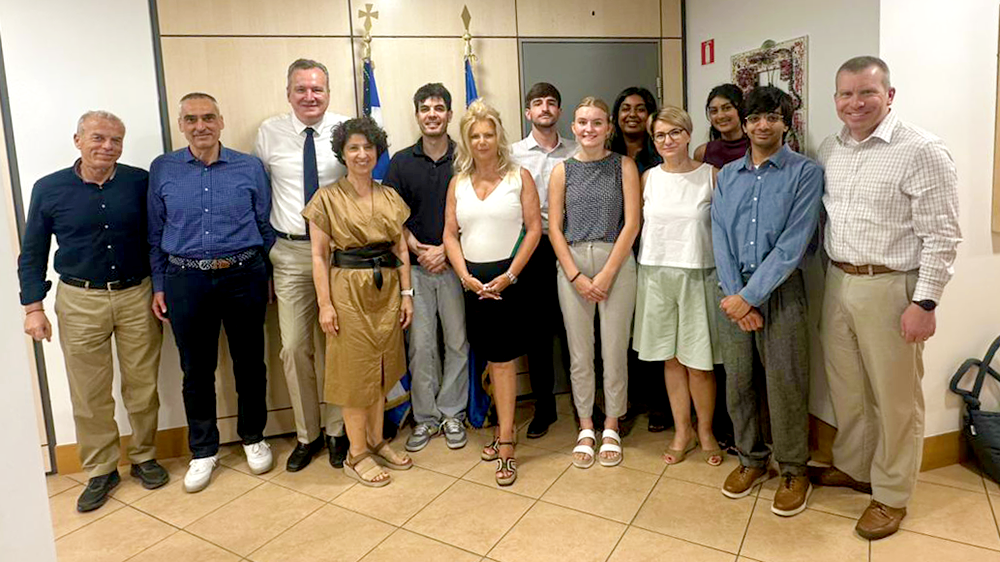
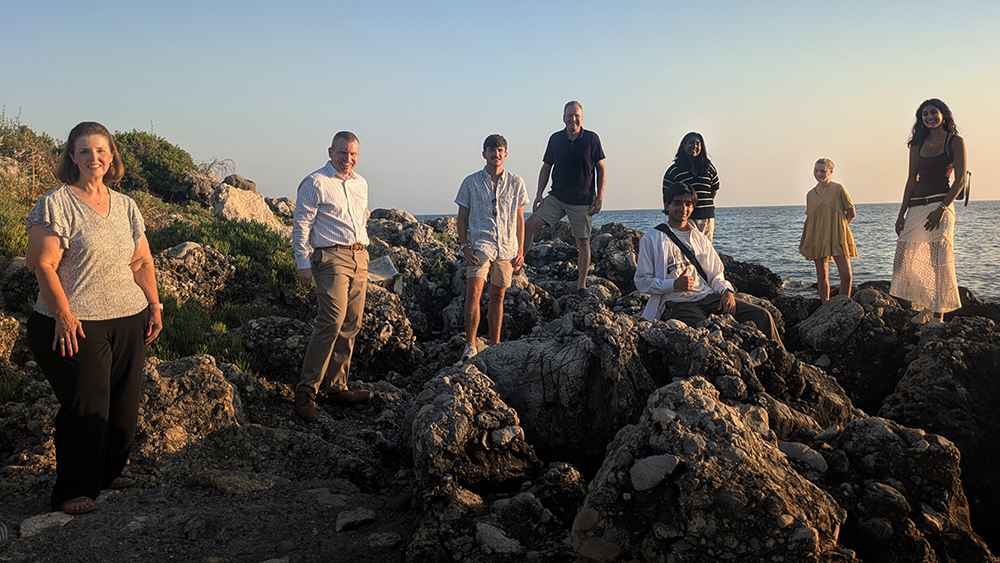
Key recommendations to take away from this research:
- Adopt a Hybrid Governance Approach: Successful transition strategies require both top-down national policies and robust, empowered bottom-up community involvement to truly address local needs and foster ownership.
- Invest in Future-Oriented Human Capital: Targeted funding and initiatives are crucial to creating high-skilled, technology-driven jobs in rural areas, countering the “brain drain” and attracting younger generations back to these regions.
- Bridge the Technology Adoption Gap: Significant support is needed—including financial incentives, practical training, and robust internet infrastructure—to help small businesses and farmers overcome the high costs, digital illiteracy, and cultural resistance that currently hinder the adoption of smart agricultural technologies.
- Prioritize Foundational Infrastructure: Continuous investment in critical infrastructure, such as widespread broadband connectivity and smart irrigation systems, is essential to enable the adoption of AI and smart agriculture practices.
- Leverage AI for Resource Resilience: Beyond energy, the report underscores the vital role of AI and smart technologies in managing environmental challenges, particularly in developing and implementing efficient water resource management solutions for agriculture-dependent regions facing scarcity.
A Takeaway Brief and the full Final Report from the Summer School can be viewed and downloaded here:
